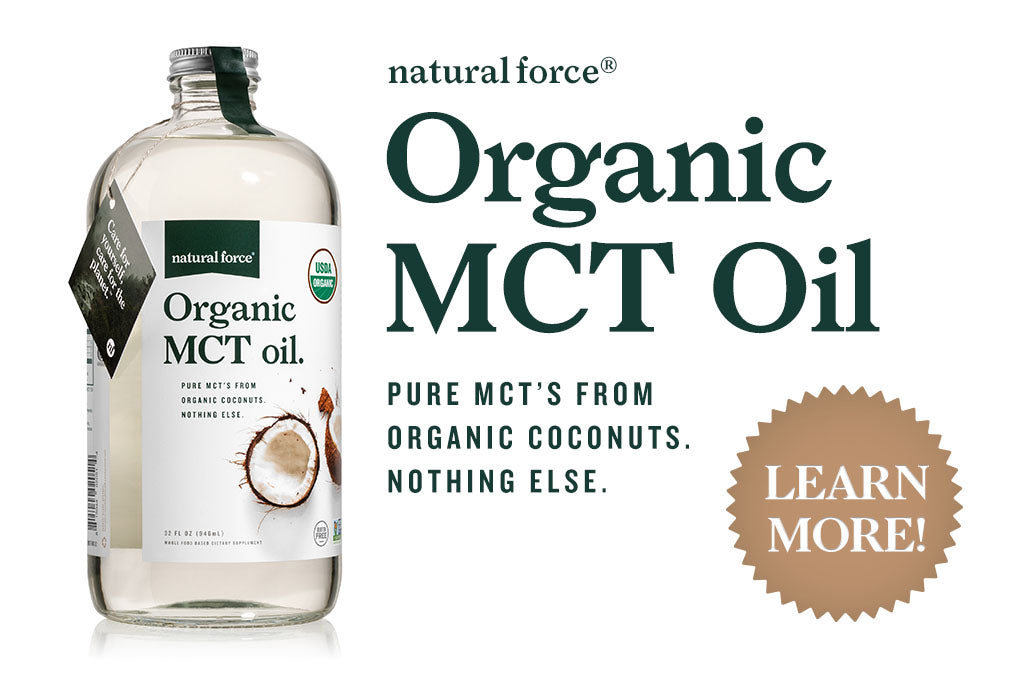Exercise & Mental Health: 7 Science-Backed Benefits & How to Get Started

While the superficial adaptations to exercise, like bigger muscles or reduced body fat, manifest slowly, and over an extended period of time, the mental health benefits of exercise, like improved mood, memory, attention span, and productivity, kick in immediately, so you can start experiencing them right away!
Why Exercise Matters for Your Mental Health
When it comes to mental health, exercise offers more than just a “feel-good” moment—it literally rewires your brain for better mood, focus, and resilience. Physical activity triggers the release of endorphins and serotonin, supports the production of brain-derived neurotrophic factor (BDNF) that enhances memory and learning, and lowers stress hormones like cortisol. Even 15–30 minutes of moderate exercise most days can make a meaningful difference in how you feel, think, and cope.
In this article, you will learn:
- How exercise can improve your mood
- How exercise can boost working memory and attention span
- How a famous entrepreneur doubles his work productivity with exercise
- How exercise can help you feel happier and more content
1. How Exercise Can Improve Mood
A recent study titled "Exercising at work and self-reported work performance" discovered that a workday workout (think hitting the gym during your lunch hour), improved both perceived mood and productivity.
The researchers mention "clear implications not only for employee wellbeing but also for competitive advantage," suggesting that employers could capitalize on the benefits of working out by increasing opportunities for employees to exercise on the job.
One explanation for these powerful effects might be the naturally produced “feel-good” chemicals called endorphins that your body produces when exercising.
Endogenous (ie, internally produced) endorphins act like natural pain-killers and mood boosters without any of the side effects experienced by the use of exogenous (ie, ingested, injected, or otherwise consumed) pain-killing drugs.
2. How Exercise Boosts Working Memory
When you have a hard time remembering something, do you attribute it to "just getting old?"
But what if age isn't the issue after all?
In a study published in the journal Psychophysiology, researchers showed that regardless of age, a single bout of moderate exercise can have a significant impact on your ability to recall information in what's called "working memory."
Working memory is like RAM in a computer, storing information for a short period of time, so think of exercise as an easy way to "upgrade" your memory bank!
While the exact mechanisms are still being worked out (no pun intended), it is thought that the brain-boosting effects of exercise are owed, at least in part, to a compound called BDNF (brain-derived neurotrophic factor).
Mouse studies have shown that exercise increases levels of BDNF in the brain, which in turn keeps brain cells (neurons) healthy and even stimulates the growth of new neurons!
3. How Exercise Can Double Your Productivity
Sir Richard Branson knows a thing or two about productivity.
He started his first business, a magazine called Student, when he was only 16, and now, at 66, he oversees more than 400 companies through his media and travel conglomerate, the Virgin Group.
Despite a "to-do" list that would make most people's heads spin, Sir Richard starts each day with a run or a bike ride.
In an interview, Branson said, "I definitely can achieve twice as much by keeping fit," and there is good science to back him up.
Once again, BDNF is thought to be responsible for some of these effects, but exercise also boosts levels of epinephrine (adrenaline) secreted by the adrenal glands.
Stimulants like caffeine also increase epinephrine, but chronic, long-term use of stimulants can have harmful effects.
Getting your stimulant fix from exercise, however, has positive “side-effects” (looking better naked for one) plus going for a run is cheaper than a “triple Venti latte”!
4. How Exercise Can Help You Feel Happier and More Content
In another study focused on office workers, it was found that on days when employees exercised, they experienced more productivity, had smoother interactions with their colleagues, and perhaps most importantly, went home feeling more satisfied at the end of the day.
Some of this effect might be explained by the fact that simply setting, and perhaps more importantly, achieving goals has a positive effect on well-being and self-concept, so crossing “work out” off of your daily to-do list might be enough to boost feelings of accomplishment and success.
However, neurochemistry likely plays a role in this as well, give that levels of both GABA, a neurotransmitter that has a natural anti-anxiety effect, as well as anandamide, an endocannabinoid similar to the THC molecule found in cannabis, are increased with exercise, so instead of popping a Xanax and taking a puff on a joint to get through the day, you can get some of the same relaxing, satisfying effects from hitting the gym.
Conclusion
While a flatter stomach, bigger biceps, or toned legs might be the reason you start working out, improvements in brain chemistry, memory, well-being, productivity, and contentment might be the motivation you need to keep the routine going.
Frequently Asked Questions (FAQ)
- How much exercise do I need to improve my mental health? Guidelines suggest about 150 minutes of moderate-intensity activity per week, or roughly 20-30 minutes on most days—but even smaller amounts can help.
- What types of exercise offer the biggest mental-health benefits? Aerobic exercise (walking, running, cycling) helps with mood and stress, resistance training supports self-esteem and cognitive health, and mind–body activities (yoga, tai chi) help with anxiety and calm.
-
Why does exercise help with anxiety and depression? Exercise helps regulate the body’s stress response, boosts feel-good neurotransmitters like serotonin and dopamine, improves sleep, and provides a sense of achievement—all of which support emotional well-being.
(Want article to inspire your wellness journey via email? Here's the sign up!)

